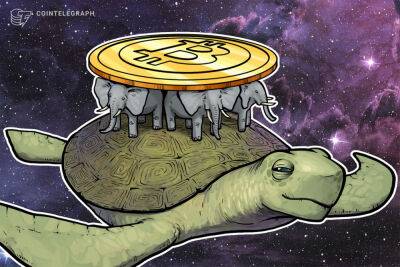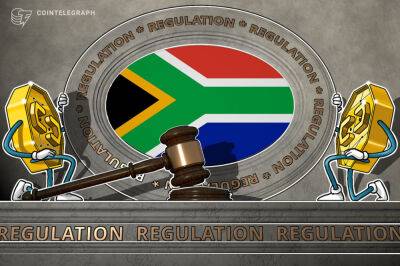The Guardian view on European democracy: central bankers are villains and heroes
Ever since May 2010, when the European Central Bank began bailing out Greece, the continent’s leaders have sought to reassure markets that such help was a one-off measure. But there is nothing as permanent as a temporary solution. The aftershocks of the financial crash meant that Italy, Spain and Portugal would have become insolvent without the large-scale bond buying of the ECB. In return, recipient states had to swallow the bitter pill of austerity.
That the ECB effectively funds governments’ spending, in violation of European constitutional treaties, by buying their debt has been brushed under the carpet. No one could stomach the alternative policy of kicking out countries from the eurozone. Monetary financing became normalised during the pandemic when Europe, like the rest of the world, had to spend whatever it took to keep economies ticking over. This was the right thing to do.
There was always going to be a reckoning. What is at stake is nothing less than the future of the eurozone and, hence, the European Union. With record inflation and US interest rates rising, the ECB was under pressure to end its bond buying and follow suit. This week the ECB did hike rates, which will front-load member nations’ borrowing costs. But it also announced a new instrument to permit as many bond purchases as needed. For the ECB it was out with the old, in with the old.
This fudge represents a real shift in power away from “sound money” nations such as Germany and the Netherlands, which believe – in the words of Jens Weidmann, a former head of the Bundesbank – that the fact central banks can create money “out of thin air” is “nightmarish” because it leads to ruinous inflation. Opposing this view is a group led by France and Italy, whose
Read more on theguardian.com



















